Five talking points from the 2023 Australian Grand Prix
Three red flags pock-marked an odd and at times bizarre Australian Grand Prix, but none of it was enough to derail Max Verstappen from scoring his 37th Formula 1 victory and first in Melbourne. Mercedes duo George Russell and Lewis Hamilton both led the grand prix, but all luck deserted the former while the later claimed a much-needed second place. Meanwhile, for the second race in succession Fernando Alonso lost and then regained a podium finish – albeit in very different circumstances to how it had been in Jeddah.

Were the red flags the right calls?
Yet again, the refereeing of F1 will come under the spotlight in the wake of questionable decisions by the race directors and the stewards that made this a stop-start race. As Verstappen said afterwards, the first red flag interruption was the most justifiable, after Alex Albon lost control of his Williams at the fast Turn Seven on lap seven while running in an excellent sixth. His impact with the barrier scattered gravel and debris across the track, as Nico Hulkenberg narrowly avoided T-boning the prone Williams. As the Haas driver admitted on the radio, it was a “scary” moment.
Could the mess have been cleared up under a safety car? It’s arguable – but if someone had picked up a puncture from something left behind and then crashed, questions would have been asked why a stoppage hadn’t been called. It was probably the right decision.
The second red flag four laps from the end of the race was far more contentious. Kevin Magnussen lost his right-rear tyre after whacking the Turn Two wall, leaving the carcass and debris in his wake. The race could have finished under the safety car, just like at Monza last year. Remember that one, when the stewards at the Italian Grand Prix were slammed for not throwing a red and opening up a short and exciting sprint to the finish? This time, it seems, the show in front of a record crowd was prioritised to ensure a dose of drama at the finish. That’s exactly what we got – even if the race still ended up finishing behind the safety car.

Alonso’s reprieve, Sainz’s pain
The third stoppage was entirely without question following mayhem from the third standing start of the day. Verstappen succeeded where he had failed at the first start by leading into Turn One, defending from Hamilton as Alonso threatened – only for Carlos Sainz Jr’s Ferrari to turn the Aston Martin around with a nudge to the right rear. That triggered trouble at Turn Two as Pierre Gasly inadvertently ran Alpine team-mate Esteban Ocon out of room, the pink cars slamming into the wall. What a disaster, but especially for Gasly who had driven a great race for what had looked set to net fifth place. Meanwhile back at Turn One, Logan Sargeant’s Williams had rammed Nyck de Vries’ Alpha Tauri into the gravel. Total chaos.
So now what? Teams and drivers parked up in the pitlane wondering what the stewards would decide next. Alonso had driven back to the pits with little damage and look unamused that his third consecutive third place appeared to have been harpooned by his friend and countryman Sainz. But then eventually the decision came down from the top: the race would be restarted for a third time, but behind the safety car, simply to complete the final lap. In NASCAR they would have added on a couple and called it ‘extra time’.
Starting positions returned to how they had been set for that final standing start because the field had not completed the lap’s first sector before the red flag had been shown. Thus Alonso was able to resume and finish the lap back in third place – although the unfortunate Alpines were out, so everyone behind them shifted up a place, just to rub in their misery.
But it was Sainz who was most vocal in his displeasure. As the cars lined up in the pitlane to start and finish the race he was informed the stewards had handed him a five-second penalty for the Alonso contact. He pleaded with them to wait until after the flag so he could make his case, convinced the judgement was too harsh – but they were never going to acquiesce. So he completed the final lap in fourth, but as the rest filed across the line his name plummeted to 12th. Charles Leclerc had retired at the first start (which by now seemed like an age ago) when a racing incident with Lance Stroll left him picking gravel – so Sainz’s fate meant a big fat zero for Ferrari on a miserable day for Maranello.

A double dose of bad luck for Russell
Before the convoluted ending, the main talking point of the Australian Grand Prix had been the promising form of Mercedes and George Russell’s terrible misfortune. Having kept up his record of outqualifying Hamilton this season, Russell then got the drop on pole position starter Verstappen and led the early stages, with Hamilton also passing the Red Bull to make it a Black Arrows one-two. As Verstappen said later, he had too much to lose at this stage to fight too hard, particularly into Turn One versus Russell.
Leclerc’s demise neutralised the race via a safety car, before Albon lost his Williams. Initially, a second safety car was called and Russell chose to pit from the lead for the hard-compound Pirellis that would have taken him to the end. Judging by his dismay on the radio, Hamilton had wanted to make the same call, but as the driver in front Russell had the priority within Mercedes – only for the decision to backfire against him when the stewards then chose to red flag the race. That handed the lead to Hamilton and relegated a dismayed Russell to seventh. Without the red flag, it would have been a great call.
He had recovered to fourth past Gasly and was gaining on Alonso after the first restart when a fiery engine failure led Russell to an early bath. It just wasn’t his day.

Tension between Verstappen and Hamilton
Once the race restarted after the Albon incident, Hamilton was powerless to stop Verstappen sweeping around him on the run to Turn Nine. As in Jeddah, the Red Bull gained so much from the use of DRS it was as if Verstappen was in a different class. From there, Verstappen looked unstoppable, although an excursion on to the grass at the final turn kept him on his toes, before his day was made more complicated than he felt it should have been by the Magnussen red flag.
Afterwards, the only sour note was Verstappen’s obvious displeasure at the way Hamilton had relieved him of second place on the opening lap, the Mercedes scything down the Red Bull’s inside at Turn Three. The Dutchman expressed his annoyance at the time, claiming Hamilton had run him out wide, and in the post-race interview reiterated the point. But had it really been unfair – or had Hamilton just pulled a robust but legitimate move? As usual when these two find themselves locking horns, at least one party ends up feeling aggrieved – and as we’ve seen in the past, the moment triggered Verstappen’s tendency towards self-entitled petulance.

Stroll makes it an Aston three-four
Sainz’s penalty promoted Lance Stroll to fourth place to complete a great day for Aston Martin. The Canadian had driven well from sixth on the grid and had a right to be pleased with his day’s work, having been blameless for the Leclerc contact.
Sergio Perez climbed from a pitlane start following his disastrous qualifying off the day before to claim fifth – another to earn a reprieve after being forced across the grass at that final chaotic standing restart.
Lando Norris gave troubled McLaren reason to cheer with a fine drive that netted sixth, having overcome Hulkenberg’s Haas earlier on after a fine duel. Hulkenberg still scored well in seventh – although he would have been higher had the stewards called the result after the final red flag without the safety car restart.
New home hero Oscar Piastri finished eighth in the other McLaren in his maiden Australian GP, with Zhou Guanyu and Yuki Tsunoda completing the points finishers once Sainz had been demoted. It’s the Azerbaijan GP next, but not until the end of the month.
Images courtesy of Motorsport Images.
Formula 1
F1
F1 2023
Australian Grand Prix
Max Verstappen
Lewis Hamilton
Fernando Alonso





